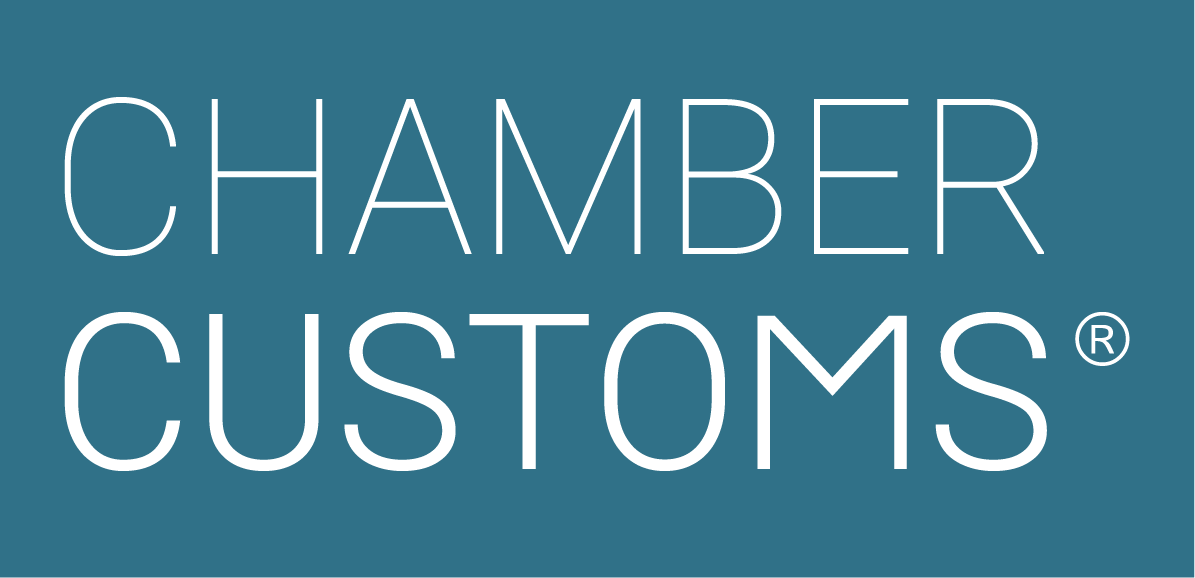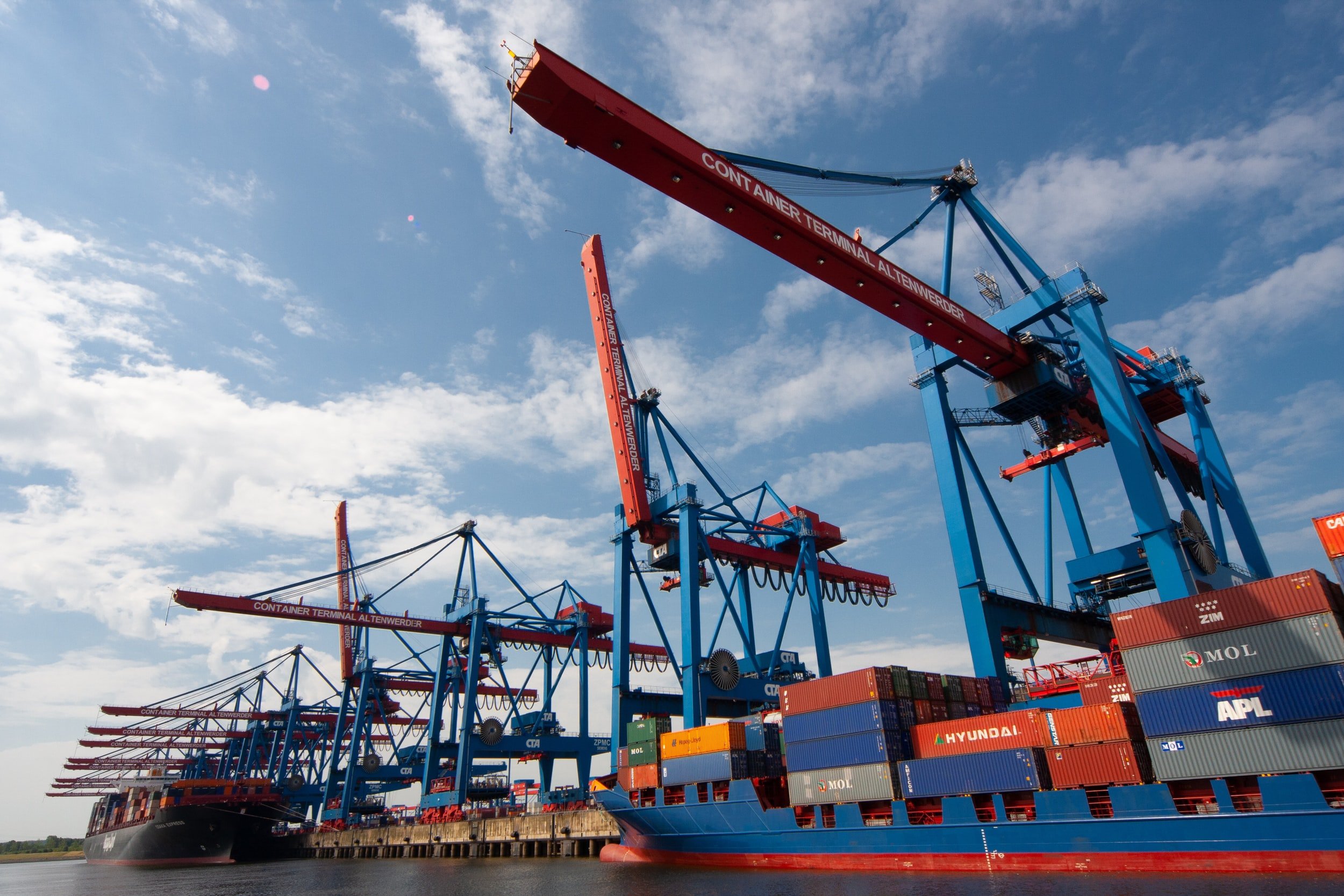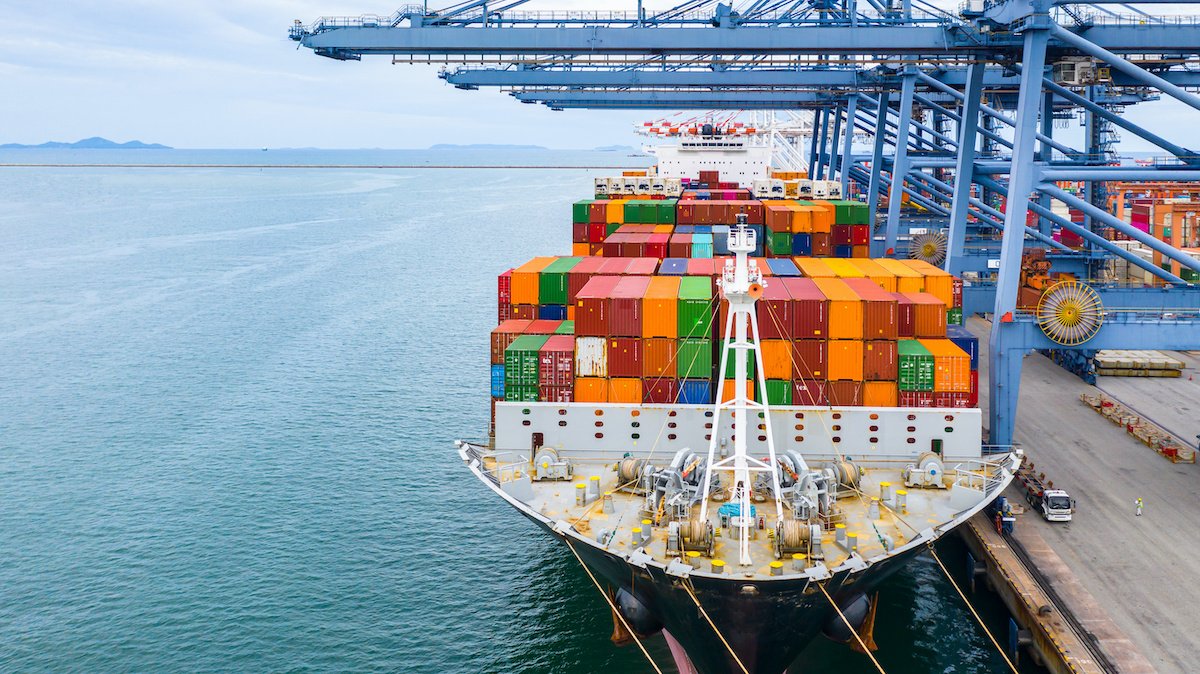Freight Forwarders and Customs Clearance
This page covers the following topics:
What are the main differences between freight forwarders and customs brokers?
Do you need both a freight forwarder and a customs broker?
Where can a customs broker help when a freight forwarder can not?
Who deals with border security on behalf of importing and exporting businesses? A freight forwarding company or a customs broker?
If you have a small business, importing and exporting, is it possible to outsource the freight forwarding and file the customs clearance yourself?
Who has insurance in place, the trading business, the freight forwarder or the customs broker?
What is the difference between a freight forwarder and a customs broker?
The most significant difference between freight forwarders and customs brokerage is that freight forwarders can physically move your cargo and offer a delivery service via rail, sea or air freight, which customs brokers or customs clearance agents can't do.
Customs brokers are specialists in international trade who have detailed knowledge in import and export, rules of origin, classification codes and efficiencies in trading.
A trading business that is importing or exporting goods will need someone to move their cargo and ensure the company has compliant customs processes and paperwork such as import and export declarations, commercial invoices and transit documents. Some freight forwarders take care of this paperwork, and some do not.
Customs brokers sometimes called customs clearance agents, have detailed expertise and experience in customs documentation. They can help you ensure that you remain compliant with HMRC and help you claim preferential rates, tariff quotas, zero-rated tariffs and apply other optimisations such as VAT postponement.
Do you need a freight forwarder and a customs broker?
A specialist freight forwarder will ensure that your goods move from A to B without delays.
A customs broker can help your importing and exporting business with the correct handling of customs procedures so that your cargo can leave or enter the UK.
Customs brokers are fundamental to trade, purely because you can’t import your goods into the country or out of the country without a customs broker’s presence or their input.
It is possible to have a freight forwarding service that also takes care of your import or export declarations.
Where can a customs broker help when a freight forwarder can not?
Not all freight forwarders can file import/export declarations; those who do often specialise in a narrow field of products that they're used to transporting or that they traditionally transport.
Customs brokers have extensive knowledge of the tariffs relating to a wide range of products and the corresponding duties and VAT payable when importing.
Specific rules and regulations bind each commodity, which companies trading internationally must follow correctly. Imagine, for instance, imports of alcohol and the difference between importing into an excise warehouse to postpone duty/VAT or in free circulation where duty/VAT become payable immediately.
At ChamberCustoms, we’ve seen customers unaware of tariff preference or quotas to reduce or zero the duty payable. Our experienced customs agents take pride in advising and guiding the customers to optimise their import costs.
Who deals with border security on behalf of importing and exporting businesses? A freight forwarding company or a customs broker?
For both import and export businesses in the UK, a customs broker will deal with border security on behalf of your business. Your customs broker/customs clearance agent will facilitate the conversation if sensitive issues need to be discussed directly with your business.
What is Cross Border Protection (CBP)?
CUSTOMS AND BORDER PROTECTION
Cross border protection is in place to protect the flow of trade and goods going into the EU from the UK and into the UK from the EU. CBP aims to stop smuggling. It is particularly relevant along the border of Northern Ireland since Northern Ireland bridges the UK with the EU. Goods can move freely on the island of Ireland, between Northern Ireland and the Republic of Ireland. For this reason, this is considered a potential route for smugglers and Cross Border Protection or CBP is in place.
If you have a small business, importing and exporting, is it possible to outsource the freight forwarding and file the customs clearance yourself?
Customs Declarations and Transit Documents are legal undertakings with HMRC. Naturally, companies can undertake customs clearance in-house. However, there are costs to be considered in terms of training and specialised IT systems, including software, port/airport access permits and internal compliance systems.
ChamberCustoms can offer HMRC compliant agent training for importers and exporters and advise setting up an internal team.
However, you should give careful consideration to the overall economy of processing customs clearance in-house. Customs brokers can offer experience and expertise in dealing with importing and exporting goods in a compliant way while responding to changes in government regulations.
You can use the ChamberCustoms Import Tax Calculator to understand the import duty due when moving goods.
Please note:
Since January 2021, all goods moving between Great Britain, the European Union, and countries outside the EU require a customs declaration. HMRC put easements in place to make things easier for internationally trading companies. However, as of January 2022, these have been lifted, and full customs controls are now in place.
Who has insurance in place, the trading business, the freight forwarder or the customs broker?
We all want to know who is responsible and liable if things go wrong.
All businesses are obliged by law to have insurance in place.
Trading businesses have insurance in place to cover their products/goods. The freight forwarder will have insurance to cover cases when the product gets damaged due to its failure or negligence. They are responsible for transportation and freight movements.
It is your responsibility as a business owner to ensure that you have appropriate insurance in place to cover the movement of your cargo.
The customs broker has insurance to ensure that they are covered if they do something incorrectly. Incorrect declarations can result in companies being penalised by HMRC.
In general, the business owner’s responsibility is to ensure that the customs broker has been given the right information and provided with the correct HS code to file the customs declaration.
Did you know?
Companies must declare the insurance costs incurred to insure the goods in transit when importing goods!
ChamberCustoms Customs Clearance Services
All ChamberCustoms will need, to set you up for success while exporting and importing goods, is a few business details, including your EORI number and business address.
We will guide you through the process seamlessly from there.
Why choose ChamberCustoms?
ChamberCustoms is the only customs clearance agent with direct links to all UK air, sea, and land port terminals.
More than 2,000 UK trading businesses trust us to take care of their customs declarations, increasing monthly.
Anybody can make customs entries - but ChamberCustoms offers a system to make you compliant and demonstrate that with HMRC with your import and export declarations and transit documents.
Enquire about our expert customs declarations services and our team will be in touch promptly.




